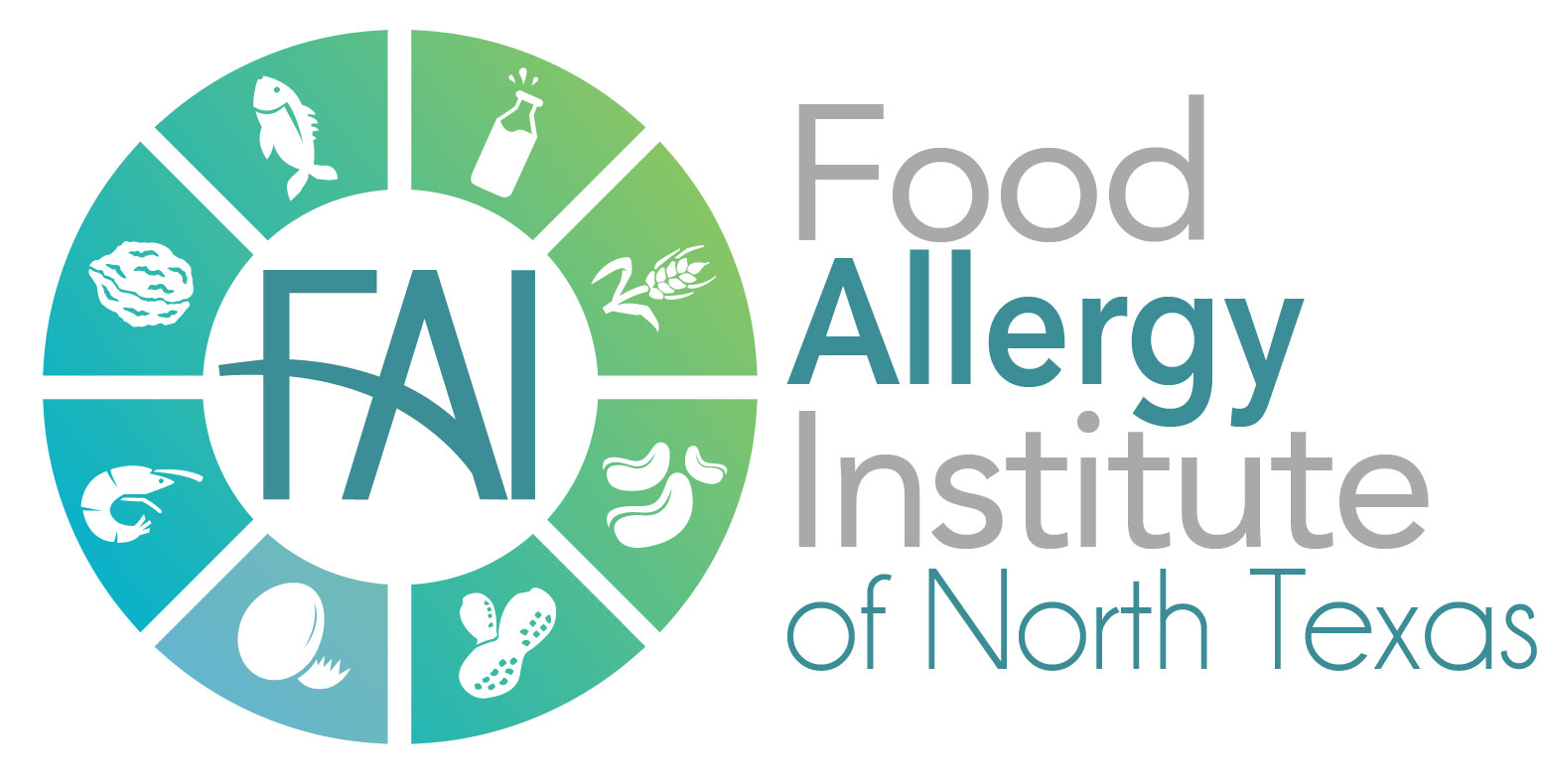27 Apr Rating the Milks
Cow’s milk just isn’t for everyone. Whether you have an allergy, sensitivity, lactose intolerance or follow a vegan diet, the good news is there are so many milk alternatives out there to choose from. They vary in their nutrition, taste, cost, and texture.
Soy Milk
Made from a liquid extract of soybeans and sold as sweetened or unsweetened, and available in various flavors.
Pro: Soy milk is the most nutritionally equivalent to cows milk, providing a similar amount of protein at 8-10grams/cup. Fortified with: calcium, vitamin A, vitamin D, vitamin B12, riboflavin, manganese, magnesium, and fiber. Soy milk is great for a milk cooking substitute in savory recipes.
Cons: Cannot be used for soy allergies
Almond Milk
Made from ground almonds, water, and a small amount of sweetener. It has a similar texture to dairy milk
Pro: Very rich in vitamin E, providing 50% of the daily value of this nutrient in one cup. Great for baking as it has a unique nutty flavor and lower in calories than dairy milk
Con: Lower protein than dairy or soy. Doesn’t typically have as many vitamins or minerals as dairy options so look for one that is fortified.
Rice Milk
Made from boiled rice, brown rice syrup, and brown rice starch.
Pro: It contains the fewest number of allergens than all of the other milks.
Con: It is high in carbohydrates, low in protein and low in calcium compared to dairy milk. It has a thin, watery consistency therefore not a great substitute for baking.
Coconut Milk
It is the liquid that comes from the grated meat of a mature coconut
Pro: Good for a baking substitute due to it’s flavor and fat content. It is high in potassium compared to dairy.
Con: Lacks the nutritional value of dairy milk. It is much lower in protein and calcium.
Flax Milk
Can be thin and sweet
Pro: It is high fiber, rich in omega 3 fatty acids, and a good source of calcium when fortified.
Con: Low protein content. Some varieties have a high sugar content.
Hemp Milk
Made from hulled hemp seeds and water. It’s a good alternative for those allergic/sensitive to: soy, nuts, and gluten
Pro: Higher in iron than dairy milk and rich in omega 3 fats.
Con: Low in calcium, can be expensive, and has a beany nutty flavor which may not suit everyone.


